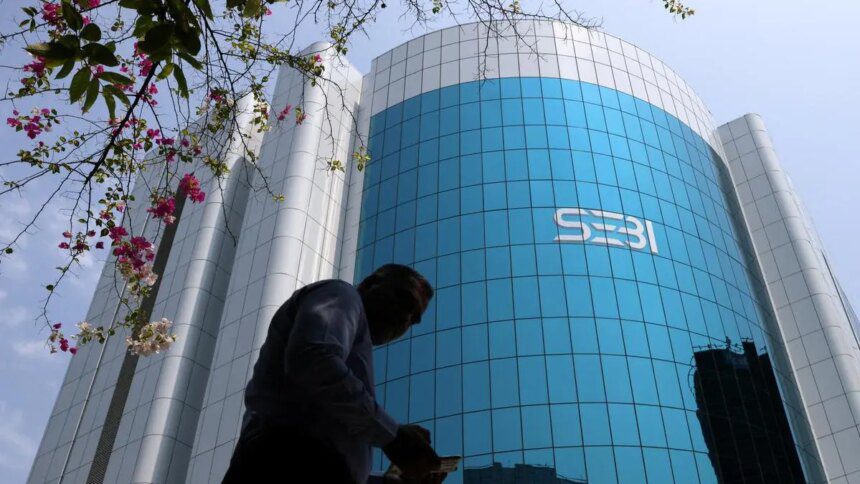The recommendations from the High-Level Committee regarding conflicts of interest at the Securities and Exchange Board of India (SEBI) are poised to significantly transform the regulatory body’s processes related to talent acquisition, handling sensitive information, and managing transitions post-tenure. While these changes aim to enhance governance standards, they may introduce operational challenges.
Currently, SEBI’s framework hinges on self-disclosure and trust, which can lead to ambiguities and inconsistencies. The proposed reforms advocate for objective conflict triggers, a clearer categorization of interests, and the implementation of mandatory, well-documented recusal protocols, bolstered by audit trails and oversight, according to legal experts.
Furthermore, establishing the conflict-of-interest framework as a statutory requirement under the SEBI Act would delineate clear obligations, enforceable penalties, and processes subject to judicial review.
One of the most significant proposed changes is the mandatory public disclosure of the assets and liabilities of the Chairperson and Whole-Time Members (WTMs). While this initiative aims to strengthen institutional safeguards, it also raises concerns regarding privacy and SEBI’s capacity to attract experienced professionals from the private sector. Hardeep Sachdeva, Senior Partner at AZB & Partners, remarked, “Greater transparency through disclosure of assets and liabilities will certainly strengthen confidence in SEBI, provided it is balanced with appropriate privacy safeguards so that capable professionals are not deterred from taking up senior roles.”
Tushar Kumar, Advocate at the Supreme Court, noted that the move aligns SEBI with global best practices. “The disclosure of financial interests serves as a structural safeguard against allegations of opacity or preferential access… SEBI cannot reasonably operate at a lower threshold than mature jurisdictions,” he stated.
Another proposed measure is a two-year cooling-off period for former senior officials, prohibiting them from appearing before or joining entities they previously supervised. This policy is likely to raise the cost of re-entering the private sector. Alay Razvi, Managing Partner at Accord Juris, cautioned that if interpreted too broadly to cover consulting, advisory, compliance, fintech, or global roles, it could deter professionals from pursuing senior positions at SEBI. However, Diviay Chadha, Partner at Singhania & Co., acknowledged the legitimate policy concern regarding rapid transitions, stating, “The restriction prevents immediate transitions to lucrative private-sector roles in regulated entities and recognizes the potential misuse of insider knowledge and relationships formed during tenure.”
The day-to-day operations of SEBI’s leadership may also be altered if the Chairperson and WTMs are officially recognized as “insiders” under insider trading regulations. This designation could lead to operational complications if the exemptions and scope of those regulations are not clearly articulated. Razvi emphasized the importance of precise drafting, noting, “Insider-trading rules are stringent and event-driven. Without clear operational carve-outs, routine regulatory meetings or policy discussions could inadvertently trigger compliance violations.”
In addition to individual conduct guidelines, the High-Level Committee has proposed a comprehensive structural redesign, which encompasses uniform investment restrictions, continuous disclosures, the establishment of a dedicated ethics office, a digital conflict-flagging portal, mandatory recusal protocols, and an enhanced whistle-blower mechanism.
Published on November 16, 2025.










